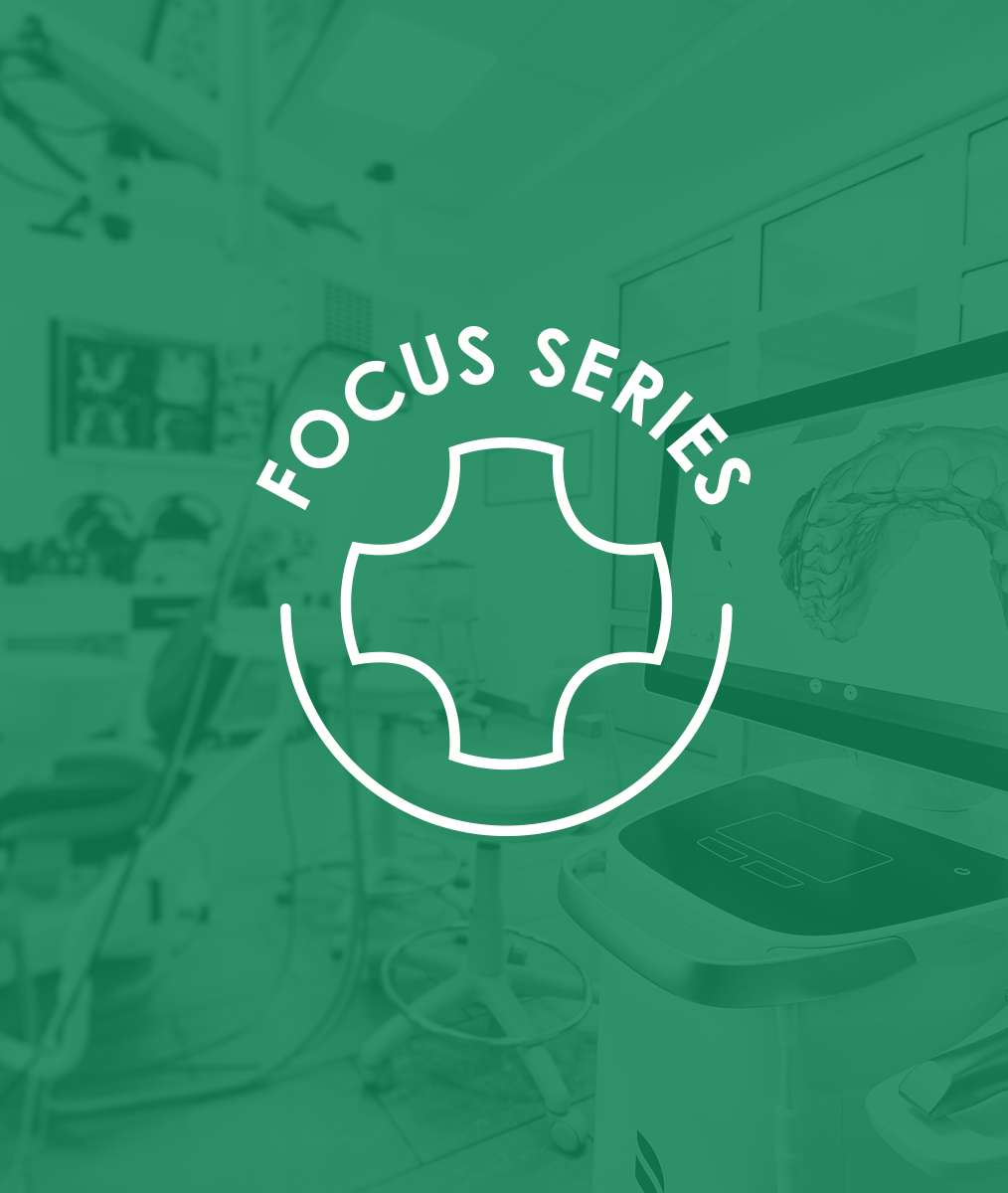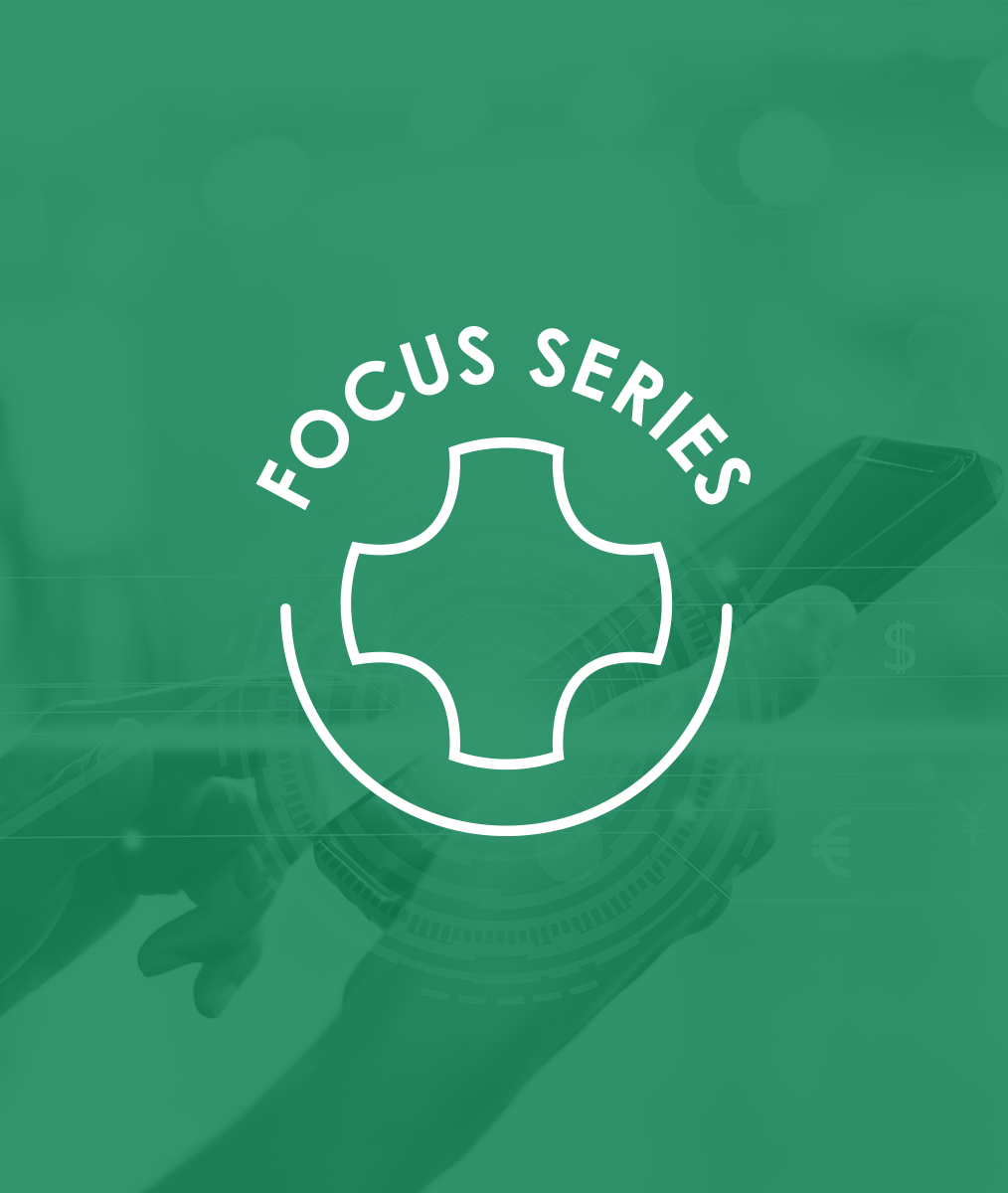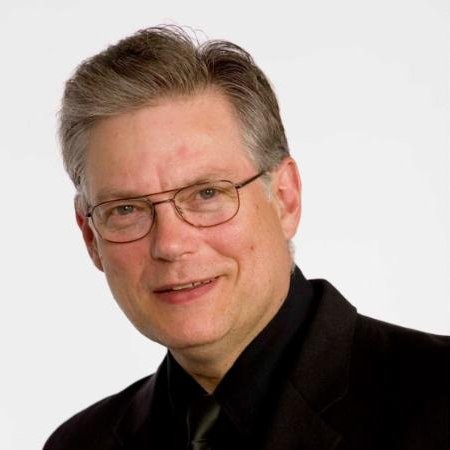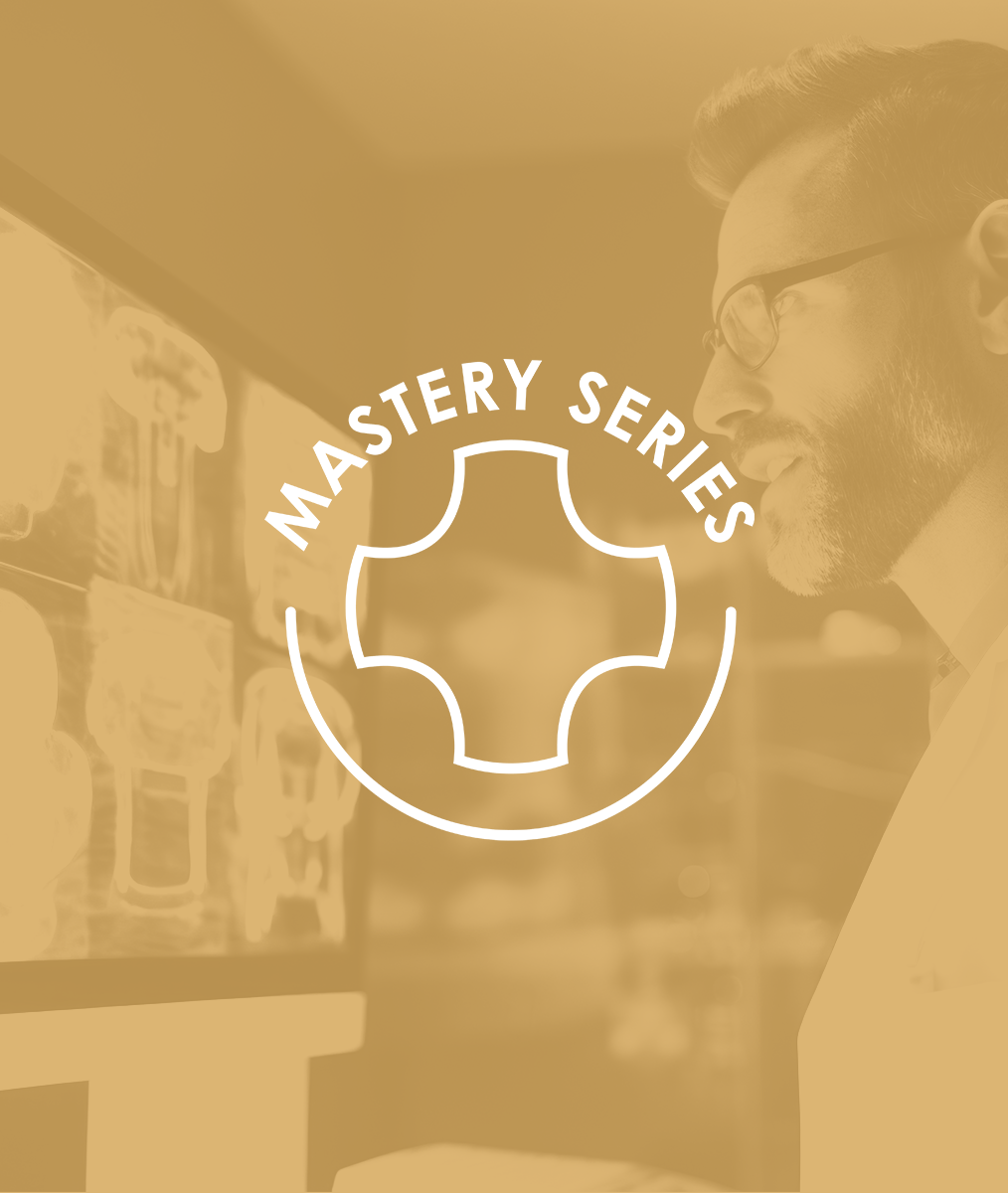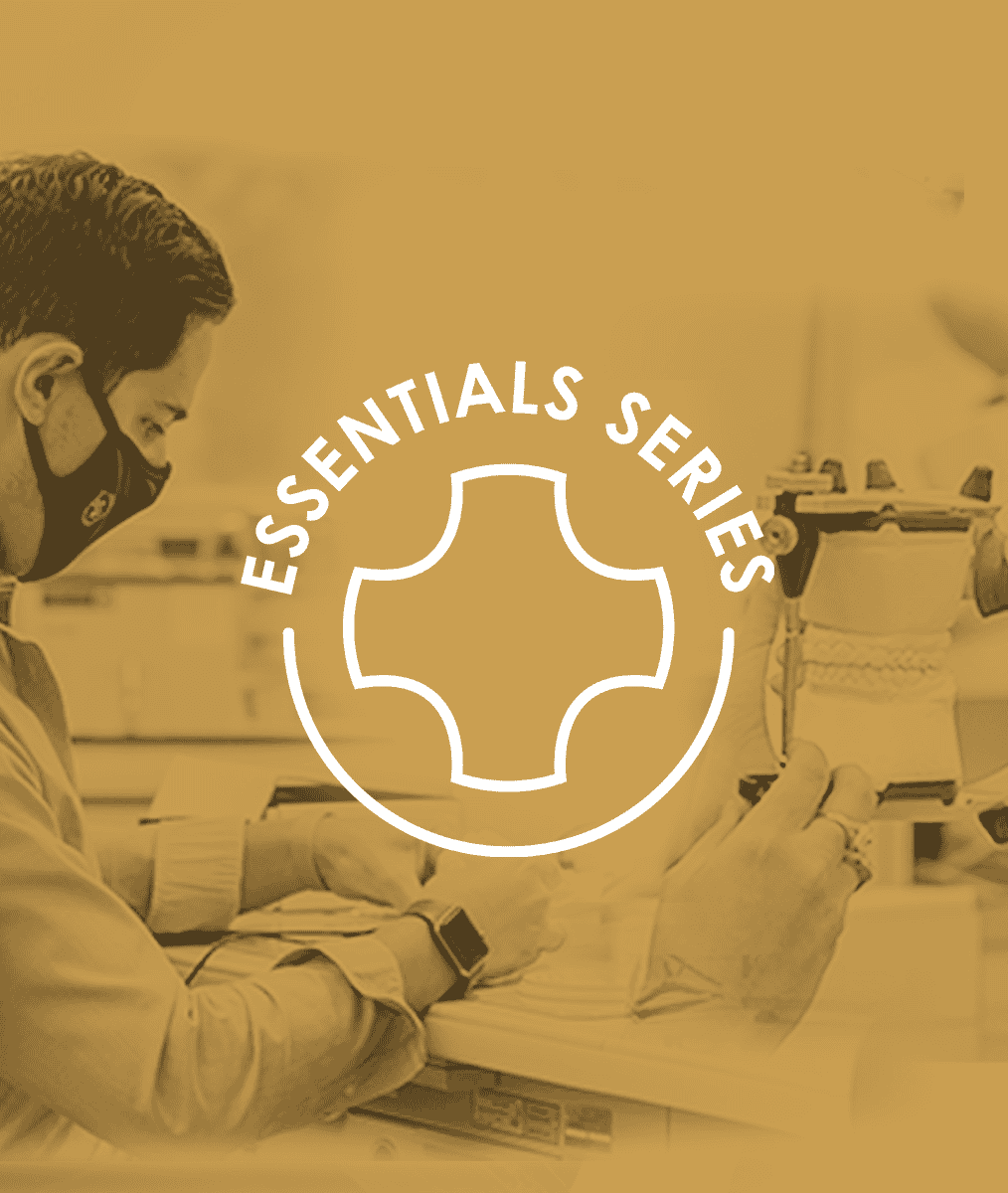Partnering in Health Part 3: The Power of the Medical History
By Mary Osborne, RDH
The late Dr. Bob Barkley said your dental degree gives you the right to practice dentistry, but you have to earn the right to influence your patients. How do we earn the right to influence? How do we get that invitation we need to be invited into influence?
There is a powerful tool you already have in your practice that can enhance your relationships from the initial visit through continuing care: a Health History. The Medical History forms most offices use are designed to efficiently gather information from patients about existing and previous conditions and diseases. Patients quickly check boxes. But it can do so much more. If you use health histories as opportunities to begin a dialogue with your patients you can also connect with them in the context of a mutually interesting topic — their health!
I might begin a conversation with a new patient by saying “In this practice we believe that the health of your teeth is related to your overall health. I know you filled out this health history form and we can talk about the specifics of that, but I wonder if we could begin by taking a few minutes for you to tell me a little bit about your health in general.” Beginning with a conversation in that way it takes us out of focus on disease and opens the door to talking about health; what they know about their health, how they feel about it, and what they do to maintain health. Similarly, when a patient comes in for a hygiene visit instead of asking if there are any changes in their medical history, I might ask, “How has your health been since I saw you last?” If we listen carefully to their stories about health, we will gather important clinical data, and we will also begin to understand their values. We will begin to co-discover what is important to them.
The concept of co-discovery is frequently seen as having to do with helping the patient see current clinical conditions that we see. In that way, it’s a very useful tool. But I’d like you to begin to also think about co-discovery as a way of being in relationship with your patients. When you take a few minutes to have a dialogue about health you learn about your patients, as they learn about themselves. It is an opportunity for you to learn about their experiences, concerns, and perceived barriers to health—and it’s also an opportunity for patients to learn about themselves.
In her book, “Kitchen Table Wisdom,” Dr. Rachel Naomi Remen says, “When you listen generously to people they can hear truth in themselves, often for the first time.” If you’ve had a conversation like this you know the magic that occurs as a patient realizes things about themselves they’ve never thought of before. As they speak out loud they hear themselves for the first time. I have found that if I show up as an understanding fellow traveler with a desire to learn, it opens the door for them to begin to see me as a trusted advisor.
Related Course
Integrative Dental Medicine: Creating Healthier Patients & Practices
DATE: June 27 2025 @ 8:00 am - June 28 2025 @ 4:00 pmLocation: The Pankey Institute
CE HOURS: 16
Regular Tuition: $ 2995
Single Occupancy with Ensuite Private Bath (per night): $ 345
We face a severe health crisis, that is a much larger pandemic than Covid-19! Our western lifestyle affects periodontal & periapical oral disease, vascular disease, breathing disordered sleep, GERD, dental…
Learn More>






